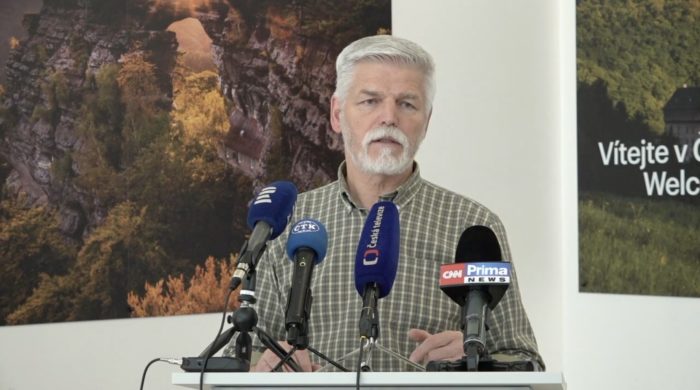The European Solidarity party, led by former President Petro Poroshenko, registered bill No. 12380 in the Ukrainian Parliament on 7 January, proposing to ban Russian oil and gas transit to the EU through Ukrainian territory during martial law, Liga reports.
According to MP Iryna Herashchenko, co-author of the bill, the legislation directly prohibits Russian oil transit through Ukraine via all transport infrastructure, including the Druzhba pipeline. The government would need to develop a mechanism and schedule for complete transit termination within three months of the law's adoption.
In 2024, Ukraine intensified its drone attacks against the Russian oil industry, significantly disrupting fuel supplies crucial for the Russian military, while simultaneously decreasing the Kremlin’s export revenues. A legal ban on ongoing Russian oil transit will help cut Russia's revenue sources, reducing its ability to sustain its invasion of Ukraine.
The lawmakers also registered draft resolution No. 12381, addressing the Cabinet of Ministers regarding urgent measures to stop Russian oil transit in the interest of Ukraine's national security. The resolution requires the government to develop and present a termination plan within 30 days of adoption, conduct economic, social, and environmental impact assessments, and coordinate steps with international partners to avoid negative diplomatic or economic consequences.
The bill allows exceptions only for fulfilling international obligations or EU decisions.
Related:
- Hungary blames Ukraine for EU gas price surge after Russian transit halt
- Reuters: US plans new sanctions on Russia’s “shadow fleet”
- Czech president issued 40 permits to fight for Ukraine last year
- Thousands of Slovaks protest Fico’s pro-Russian stance as Ukraine tensions rise
- ISW: Ukraine’s gas transit halt to cost Gazprom $6 billion as Turkstream becomes only route to EU
- EU Parliament demands crackdown on Russia’s shadow tanker fleet
- Ukrainian drones target Saratov oil refinery in Russia, source says
- Hungary in talks with Gazprom for additional gas supplies in 2025
- Exports of Russian oil via shadow fleet nearly doubled in past year





